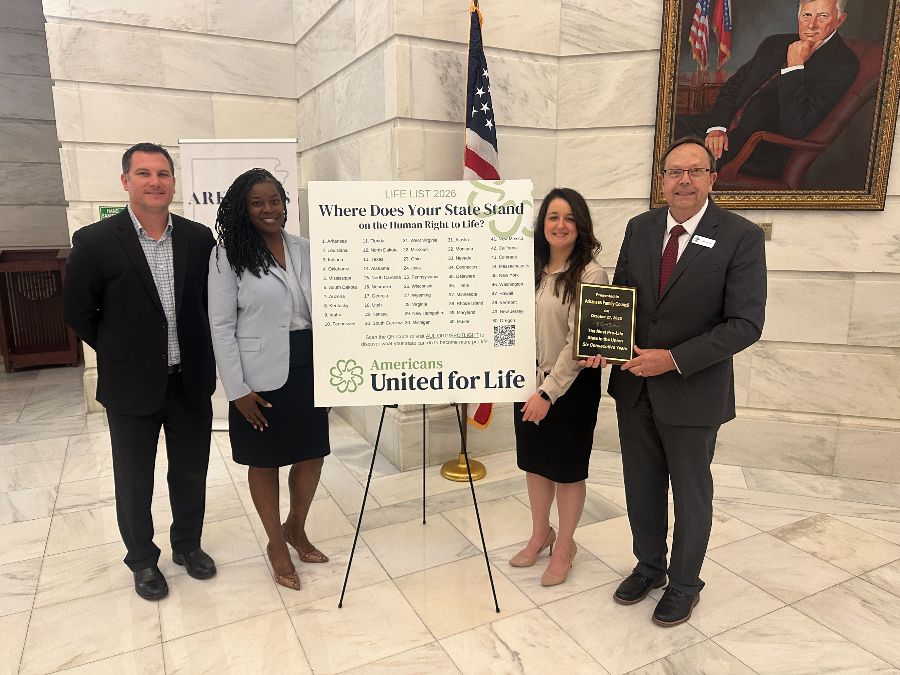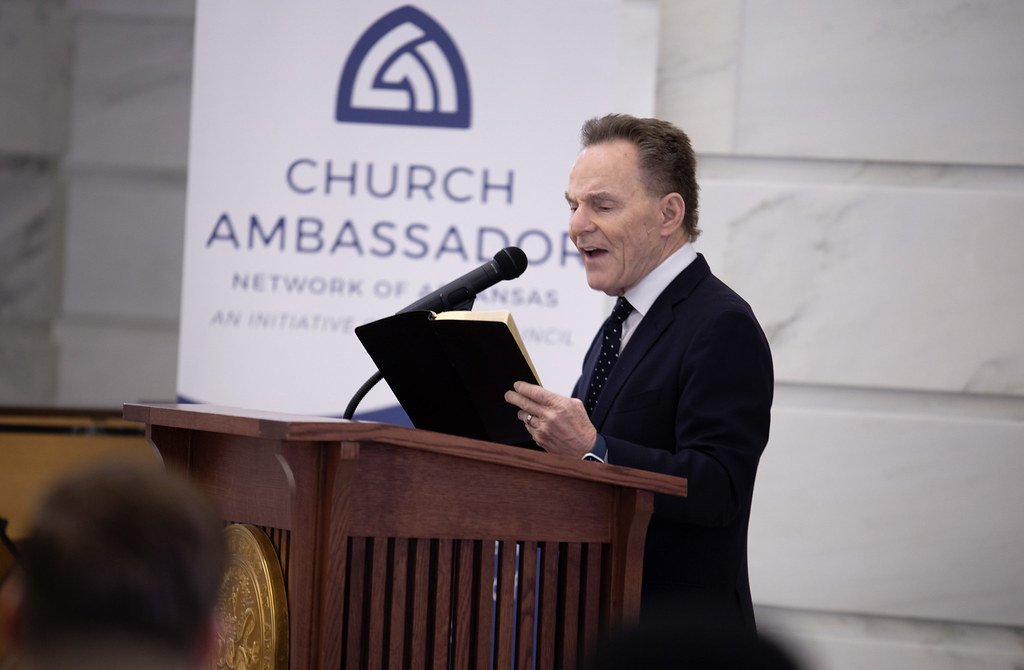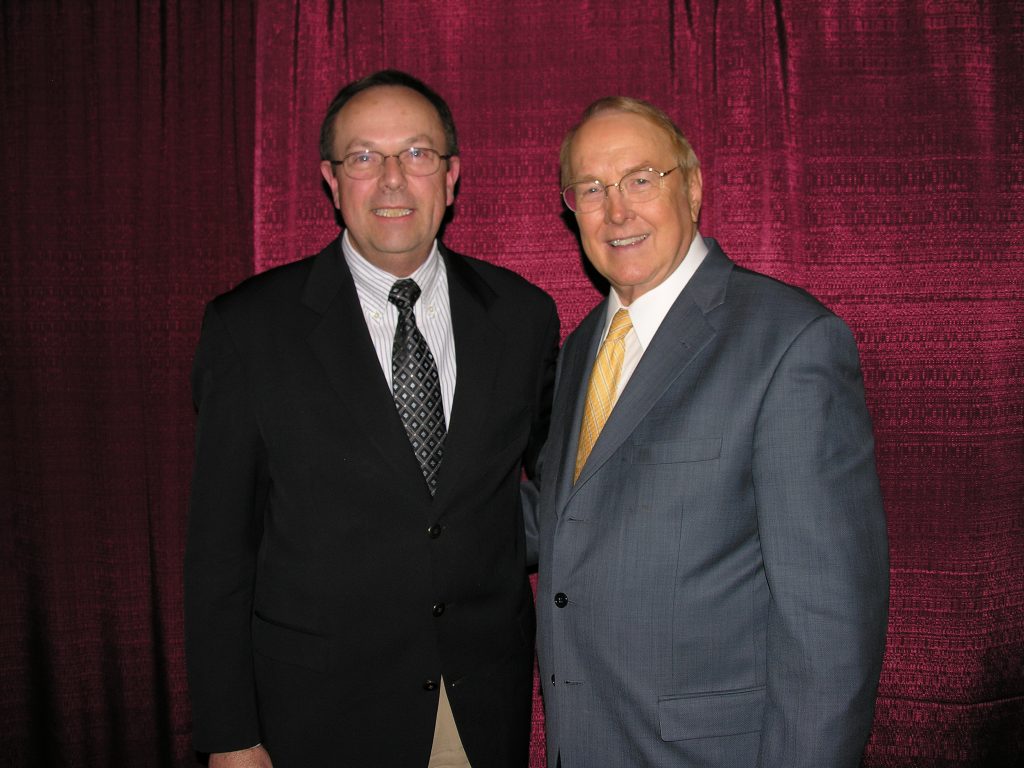A Few of Our “Greatest Hits” from 2025
Since 1989, Family Council has worked to promote, protect, and strengthen traditional family values in Arkansas.
This year we’ve supported good laws, opposed bad laws, stood up for home schooling, promoted religious freedom, defended the sanctity of innocent human life, blunted the radical LGBT agenda, and much more.
It’s been a good year. Here’s a brief look at just a few of Family Council’s “Greatest Hits” from 2025.
Fielding One of the Best Lobby Teams in the Nation at the Arkansas Capitol

Family Council is consistently able to field one of the best teams of statewide lobbyists in the nation. Our friends at national organizations often talk about how effective our staff is at the state capitol. No one on our lobby team serves in the legislature, so none of us gets to vote on laws. Arkansas’ legislators deserve credit for passing good bills and voting against bad ones. But Family Council still helps secure passage of good laws by being at the legislature and by informing and equipping everyday voters across the state to make their voices heard.
Doing Our Part to Keep Arkansas the Most Pro-Life State in America

Our friends at Americans United for Life recognized Arkansas as the most pro-life state in the nation thanks to all of the good laws we have enacted that respect innocent human life from conception to natural death. Making Arkansas the most pro-life state in America took a lot of work from many different pro-life leaders. Ministers, churches, elected officials, pregnancy resource centers, and everyday Arkansans all have helped make Arkansas the pro-life state that it is today. Family Council has been pleased to do our part year after year to make sure our pro-life laws are the very best in the country.
Defending Homeschool Rights in Arkansas

One of our top priorities for this year was making sure no legislation would hurt homeschooling in Arkansas. We have been able to do that.
We have also been able to work with the Arkansas Department of Education and the Division of Higher Education to make sure homeschoolers who take concurrent credit high school and college courses continue to have access to scholarships.
On February 26, more than a thousand homeschoolers, policymakers, and elected officials gathered for Home School Day at the Capitol. Homeschoolers heard from Governor Sarah Huckabee Sanders, Lt. Governor Leslie Rutledge, Attorney General Tim Griffin, Secretary of State Cole Jester, State Auditor Dennis Milligan, State Treasurer John Thurston, State Land Commissioner Tommy Land, and others. Rep. Cameron Cooper presented a special resolution in the Arkansas House of Representatives recognizing and honoring homeschooling across the state. Home School Day at the Capitol gives homeschool families a wonderful opportunity to gather with one another, meet legislators, watch committee meetings, and tour the capitol.
Growing Our Church Ambassador Network

Family Council launched its Church Ambassador Network to help bridge the gap between church leaders and community leaders. The Church Ambassador Network fosters intentional relationships between pastors and elected officials so pastors can minister to Arkansas’ government leaders—offering wisdom, encouragement, and prayer. This year our Church Ambassador Network grew to include several hundred ministers from different churches, and we were able to host several meetings with Arkansas’ elected officials.
Bringing Ministers and Church Leaders to the Capitol

On March 6, ministers and church leaders from across Arkansas gathered for Pastors’ Day at the Capitol. Family Council and its Church Ambassador Network initiative sponsored this excellent event. This year we got to hear from Dr. Ronnie Floyd as well as different ministers and elected officials. Pastors’ Day at the Capitol gives church leaders an opportunity to worship in the Capitol rotunda and pray over the state’s policymakers—and it’s one of the best things we do all year. Plenty of groups and organizations come to the capitol each week, but none of them gather for prayer and worship like we do.
Promoting Religious Freedom in the Public Square

This year, Family Council supported Act 573 of 2025 by Sen. Jim Dotson and Rep. Alyssa Brown letting Arkansans place privately funded copies of the Ten Commandments in public schools and other public buildings. We also have worked with outside groups to help distribute posters of the Ten Commandments across Arkansas. In August, we coordinated a press conference in Little Rock alongside our friends at First Liberty, WallBuilders, Patriot Mobile, and the Arkansas General Assembly to encourage Arkansans to donate posters of the Ten Commandments to their local public buildings. The ACLU has sued to strike down Act 573, but we believe it is a good law and that our federal courts ultimately will uphold it as constitutional.
Other Highlights from 2025
- After four years of litigation, a federal court upheld Arkansas’ SAFE Act. This good law protects children from sex-change procedures, puberty blockers, and cross-sex hormones.
- Family Council supported passage of more than two dozen good laws at the Arkansas Legislature this year.
- A federal court ruled against an effort to place a casino in Pope County.
- This year, major U.S. corporations continued to move away from pro-LGBT policies and DEI initiatives after backlash from consumers.
- Family Council had several opportunities to defend conservative principles in federal court as part of amicus briefs.
Articles appearing on this website are written with the aid of Family Council’s researchers and writers.






